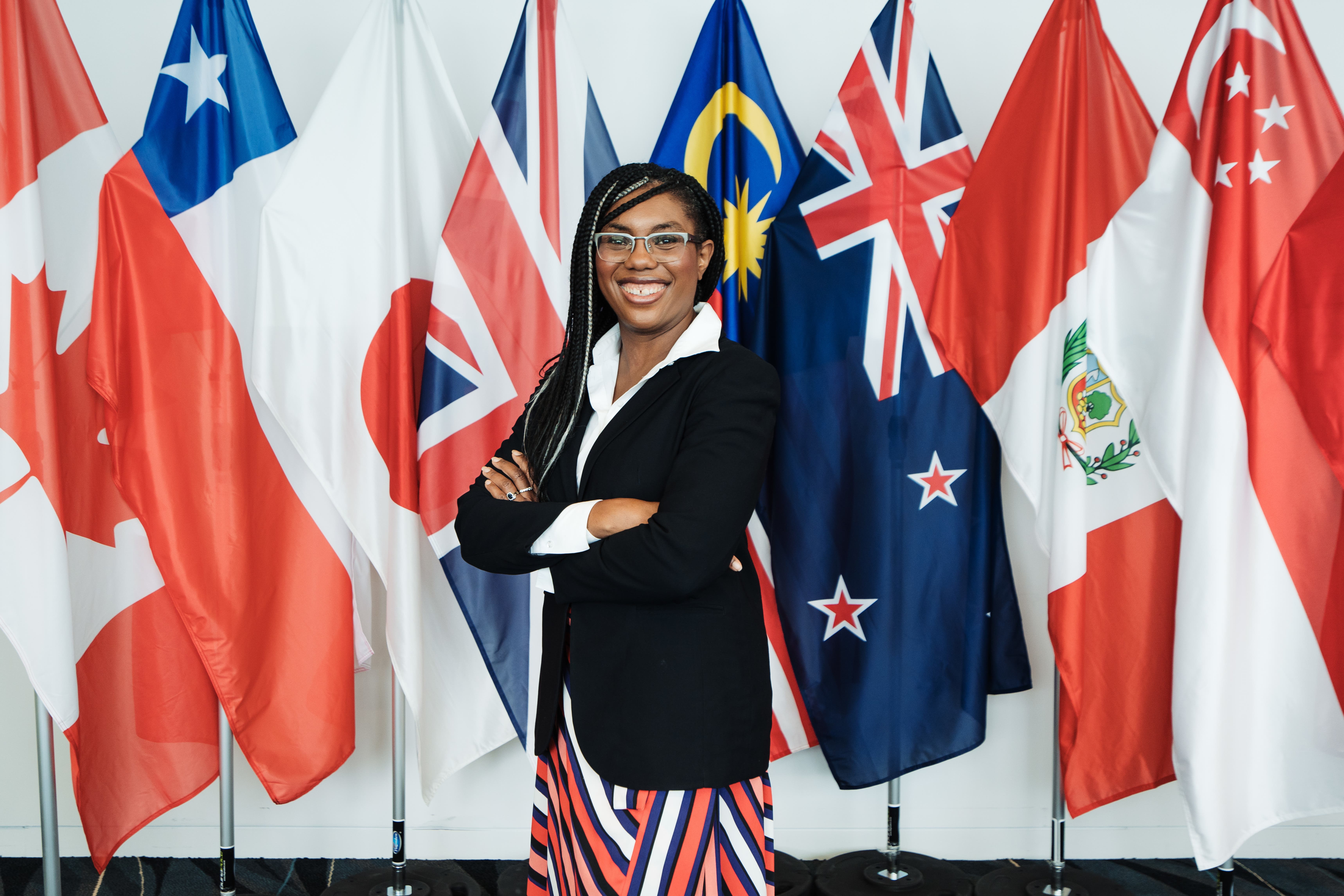Badenoch clashes with Kuenssberg over post-Brexit trade deals: ‘Stop interrupting me’
Trade secretary lashes out at critics – claiming they were wrong to ‘laugh’ at the government
Your support helps us to tell the story
From reproductive rights to climate change to Big Tech, The Independent is on the ground when the story is developing. Whether it's investigating the financials of Elon Musk's pro-Trump PAC or producing our latest documentary, 'The A Word', which shines a light on the American women fighting for reproductive rights, we know how important it is to parse out the facts from the messaging.
At such a critical moment in US history, we need reporters on the ground. Your donation allows us to keep sending journalists to speak to both sides of the story.
The Independent is trusted by Americans across the entire political spectrum. And unlike many other quality news outlets, we choose not to lock Americans out of our reporting and analysis with paywalls. We believe quality journalism should be available to everyone, paid for by those who can afford it.
Your support makes all the difference.Kemi Badenoch clashed with the BBC’s Laura Kuenssberg during a feisty exchange on the merits the Indo-Pacific trade bloc and post-Brexit trade deals – at one point telling the host: “Stop interrupting me.”
The trade secretary lashed out at her Brexit critics during her round of Sunday interviews – claiming they had been wrong to “laugh” at the government and should “stop talking Britain down”.
It comes as the UK formally agreed to become the first European country to join a major Indo-Pacific trade bloc – hailed as “momentous” despite forecasts placing its value at just £1.8bn a year.
But Ms Badenoch admitted that the chances of the UK securing a free trade agreement with the US are “very low” and said: “We can’t force other countries to do things.”
Appearing on Sunday with Laura Kuenssberg, the host remined her of the Tory manifesto promise to get a post-Brexit agreement with the Americans – asking the minister if Brexiteers had been wrong to promise “buccaneering Britain” that would benefit from trade deals.
Ms Badenoch fired back: “That’s absolutely not true … People laughed at us when we said we were going to join CPTPP – the Westminster bubble laughing at us and not believing that this could happen. We’ve done it.”
Told that a “promise was made” on a US deal, Ms Badenoch said: “Laura, Laura – that was an agreement with the previous president [Donald Trump]. You cannot force countries to join free trade agreements.”
Told that it appeared to be “a promise that you were never going to be not keep”, Ms Badenoch fumed: “Laura – please stop interrupting me.”
The trade secretary signed the accession protocol to the Comprehensive and Progressive Agreement for Trans-Pacific Partnership (CPTPP) in New Zealand on Sunday.

Asked if Britons would feel any benefit from the deal – given that the government’s own assessment had said it could add only 0.08 per cent to GDP – the cabinet minister told the BBC: “Yes, they will if they use it.”
Ms Badenoch said the membership of the CPTPP “only as it good as the way that we use it” – suggesting that naysayers could hamper Britain’s chances of making the most of new trading opportunities.
Told on Sky News’ Sophy Ridge on Sunday that £1.8bn a year was dwarfed by the £5bn Manchester City spent on its playing squad, a frustrated Ms Badenoch said: “It’s going to make a significant amount of difference.”
The senior Tory added: “If we keep telling everything this is not something that’s worthwhile, it will become a self-fulfilling prophesy. We have to stop doing this, talking down our country. No other country does this.”
Britain is the first new member and first European nation to join the bloc - comprising Australia, Brunei, Canada, Chile, Japan, Malaysia, Mexico, New Zealand, Peru, Singapore and Vietnam – since its formation in 2018.
It represents Britain’s biggest trade deal since leaving the EU, cutting tariffs for UK exporters to a group of nations which – with UK accession – will have a combined GDP of £12 trillion, accounting for 15 per cent of global GDP, according to officials.
Asked whether China should be allowed to join CPTPP, Ms Badenoch told the BBC: “What the blic is doing is making sure that it’s the countries that meet the high standards of the CPTPP that will be allowed to join, so that’s something that needs to be assessed.”





Join our commenting forum
Join thought-provoking conversations, follow other Independent readers and see their replies
Comments